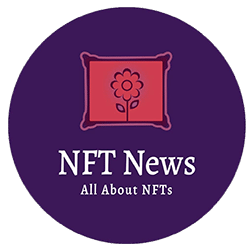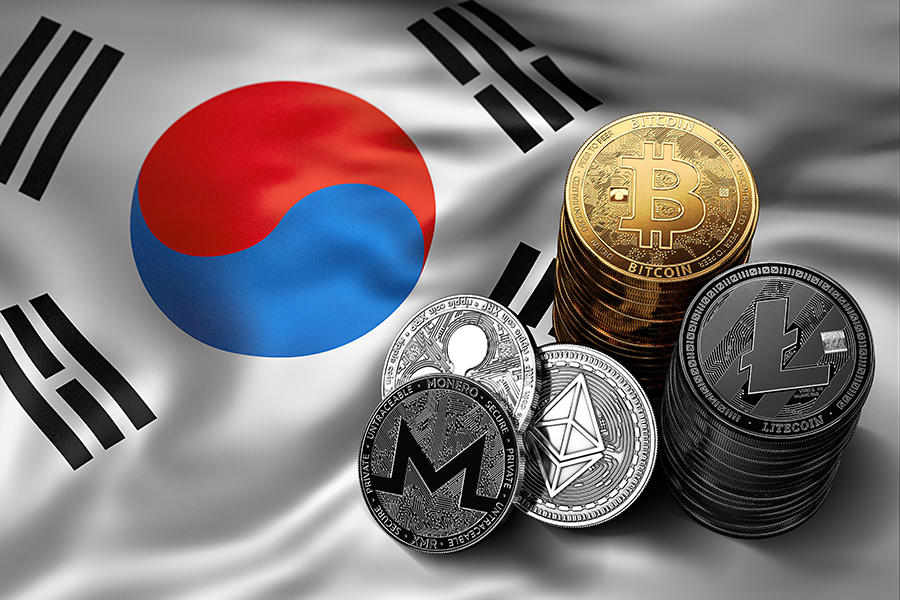South Korea is implementing enhanced supervision and security measures in the cryptocurrency industry starting in July 2023. The new Cryptocurrency User Protection Law Enforcement Decree will require exchanges to take actions, including paying interest on deposits, utilizing cold wallet storage, and monitoring for suspicious activities. Ultimately, these regulations aim to strengthen protections for investors in the Korean crypto market.
Paying Interest on Exchange Deposits
Significantly, the law mandates that exchanges must pay deposit interest to users under the new policy. In the past, exchanges like the leading platform Upbit often invested user funds while retaining the interest earned as revenue. However, regulators have stipulated that exchanges should no longer benefit from deposit interest.
Instead, banks housing exchange deposits will now distribute interest payments to platform users directly. For example, Upbit currently holds 2.9 trillion Korean won (approximately $2.3 billion USD) in client funds. While the exchange previously deposited these funds with K Bank and kept the interest, users will soon earn interest directly as usage fees.

Enforcing Cold Wallet Security Standards
In addition, the updated regulations require exchanges to utilize cold wallet storage for over 80% of virtual asset holdings. Cold wallets keep crypto funds on secure offline devices, reducing their vulnerability to threats like hacking.
Past rules under the Specific Financial Information Act mandated lower cold storage levels. However, regulators have strengthened security protocols to further shield investor assets. They have also outlined precise insurance and reserve requirements in case issues arise with assets kept in hot online wallets.
Monitoring Insider Trading and Suspicious Actions
Moreover, the Cryptocurrency User Protection Law prohibits insider trading, similar to stock market regulations. Exchanges must wait at least six hours before considering disclosed information to be public. This prevents employees and insiders from unfairly profiting from non-public data.
Additionally, exchanges need to monitor transactions for suspicious activities indicative of misconduct. They must instantly report questionable trades to financial authorities for further investigation. These requirements will help regulators identify and prosecute illegal behaviors like market manipulation.
Ultimately, by compelling actions like deposit interest payment, mandated cold storage, and monitoring illicit activities, South Korean regulators prioritize investor protection in the cryptocurrency sector. These updated regulations will help ensure exchanges treat users fairly and keep their assets secure. With strong supervision now codified into law, investors can have greater confidence in the Korean crypto trading market.
Want more? Connect with NFT News
Follow us on Twitter
Like us on Facebook
Follow us on Instagram
*All investment/financial opinions expressed by NFT News are from the personal research and experience of our site moderators and are intended as educational material only. Individuals are required to fully research any product prior to making any kind of investment.

This information is published by the NFT News media team.











